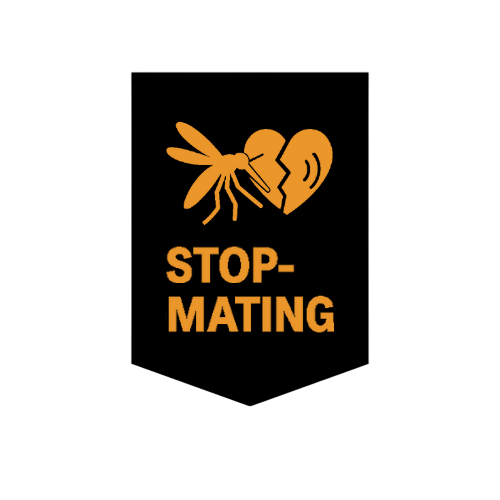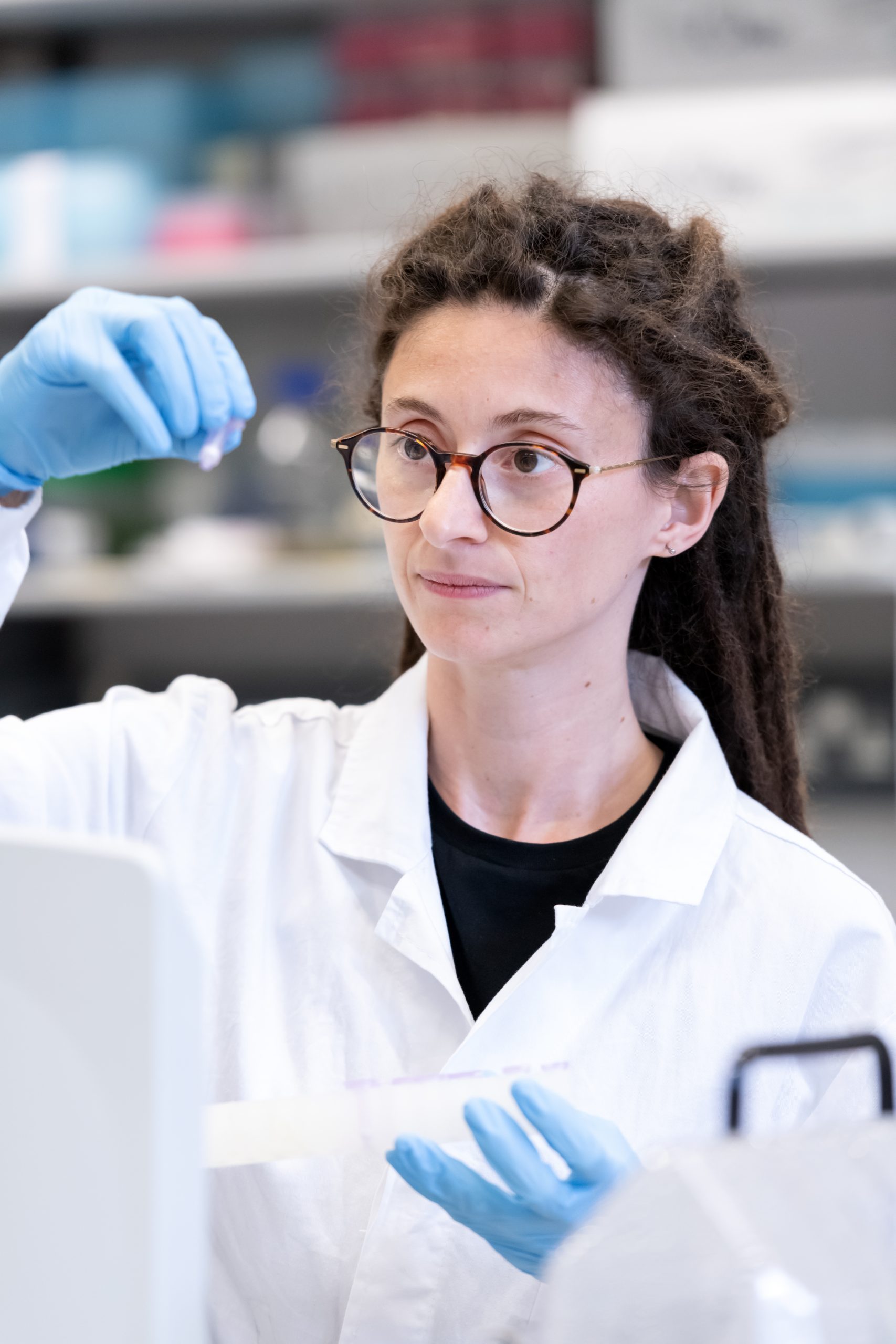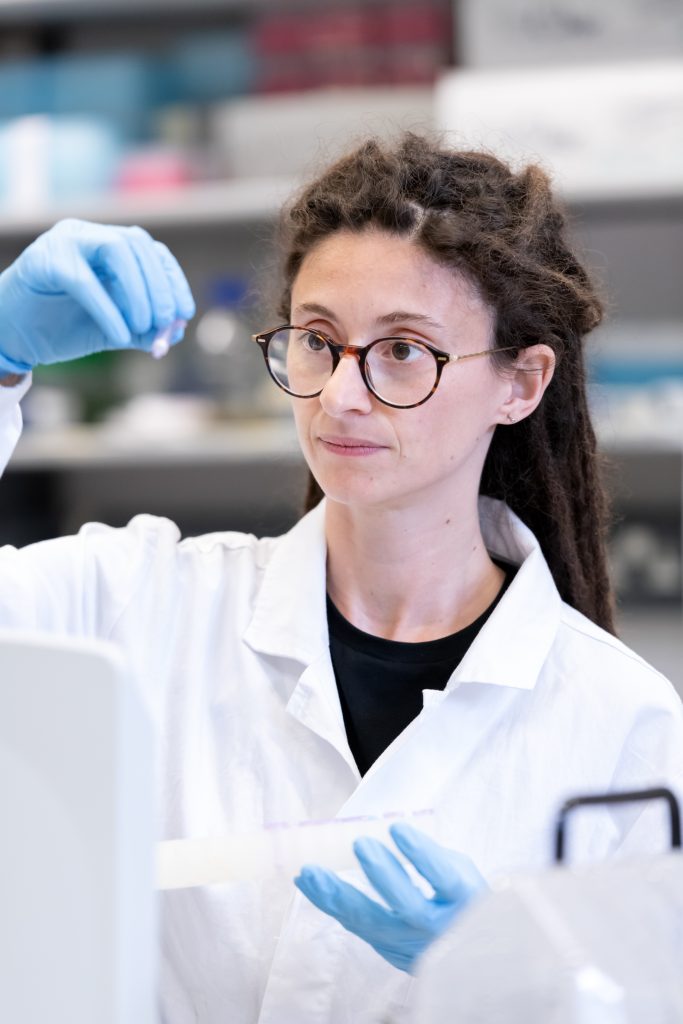
IMPERIAL (Imperial College of Science, Technology and Medicine)
Dr Federica Bernardini (Research Associate, Crisanti Lab)


Imperial is a world-leading university for science, technology, engineering, mathematics and business. The Department of Life Sciences, where the Crisanti Lab operates, is one of Europe’s largest life science groups, with over 100 faculty, 180 research fellows and post-doctoral researchers, 200+ PhD students and 180+ Masters students. The Crisanti Lab operates within the Department of Life Sciences. Their research focuses on genetic strategies to combat malaria, including the development of self-limiting and self-sustaining (gene drive) systems to suppression wild populations of Anopheles mosquitoes. The lab is part of the Target Malaria consortium whose goal is to provide a sustainable, cost-effective, and environmentally friendly tool to complement existing malaria control methods in sub-Saharan Africa.
The team of gene drive experts at Imperial will be responsible for the transgenic activities of STOP-MATING. They will guide the WP1 efforts to identify molecular targets for disrupting mosquito mating and coordinate the WP3 work on vector control applications.

Sequentia Biotech, an innovative bioinformatics firm, has been at the forefront of genomics since its establishment in 2013. Renowned for its cutting-edge solutions, Sequentia excels in providing comprehensive bioinformatics and software solutions across a spectrum of fields, including diagnostics, drug discovery, medical and academic research, plant biology, and food technologies. By leveraging the potential of omics sciences, Sequentia aims to make meaningful contributions to society.
With a remarkable 15 years of experience in bioinformatics and significant investments in Research and Development (R&D), Sequentia has successfully completed over 700 bioinformatics projects. Serving clients in 63 countries, the company has contributed to over 70 publications in esteemed journals, showcasing an impressive H-index of 130. This outstanding track record underscores Sequentia’s commitment to excellence.
In the Stop Mating project, Sequentia plays a critical role by contributing its expertise in bioinformatics pipeline design and RNA-Seq data analysis and interpretation. The company also leads training efforts by delivering a comprehensive course on RNA-Seq data processing and analysis. Additionally, Sequentia supports knowledge exchange and collaboration by hosting secondments, reinforcing its mission to foster innovation and introduce disruptive technologies in the biotechnology landscape.

Key Contributions to the Project
- Expertise in Molecular Engineering Technologies
The lab has extensive experience in advanced molecular biology techniques, particularly in the application of CRISPR-Cas9 for functional genomics and the development of gene drive constructs targeting malaria vector mosquitoes. - Expertise in Mosquito Embryo Microinjection for the Generation of Transgenic Lines for research and vector control applications
- Expertise in Designing and Validating Genetic Strategies for Mosquito Population Suppression
The lab has developed and validated innovative genetic tools, including gene drives and sex-ratio distortion systems, aimed at reducing populations of Anopheles gambiae and other disease vectors. - Capacity to Provide Training and Technical Support for Establishing Embryo Microinjection Facilities
The lab can offer hands-on training and technical guidance for setting up mosquito transformation platforms at partner institutions. - Expertise in Insectary Management and Transfer of Laboratory Protocols
- Public Engagement and Outreach
The lab is committed to a wide range of outreach and community engagement activities to educate the general public on genetic technologies and vector control. - Collaborative Research and Field Preparation
In partnership with institutions across Africa, the Crisanti Lab contributes to the development, regulation, and community engagement processes necessary for the responsible field evaluation of genetically modified mosquitoes.
